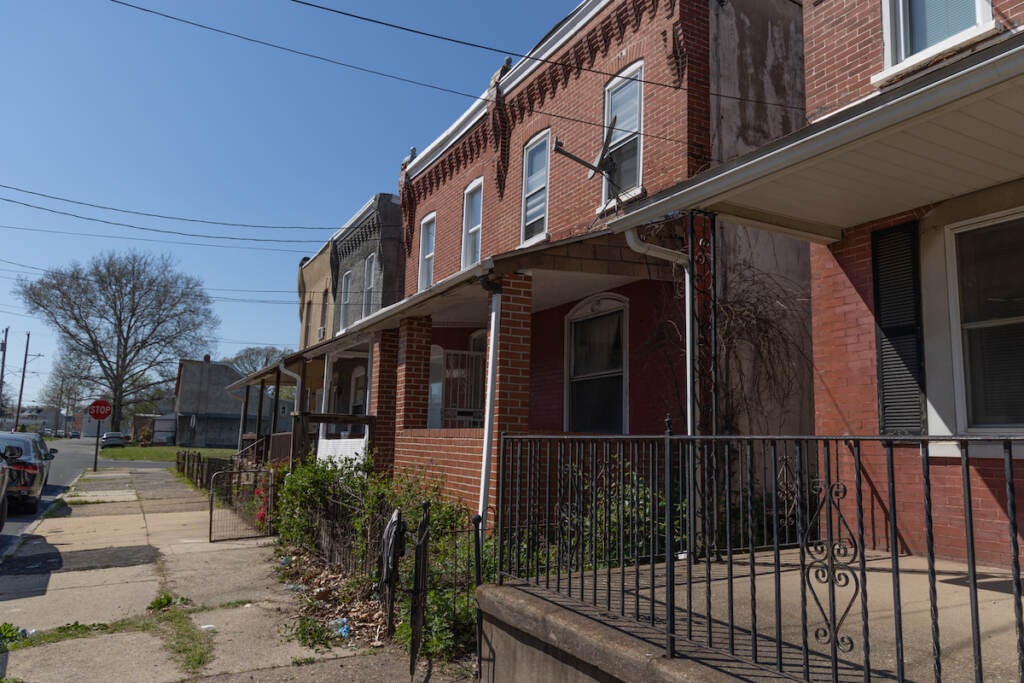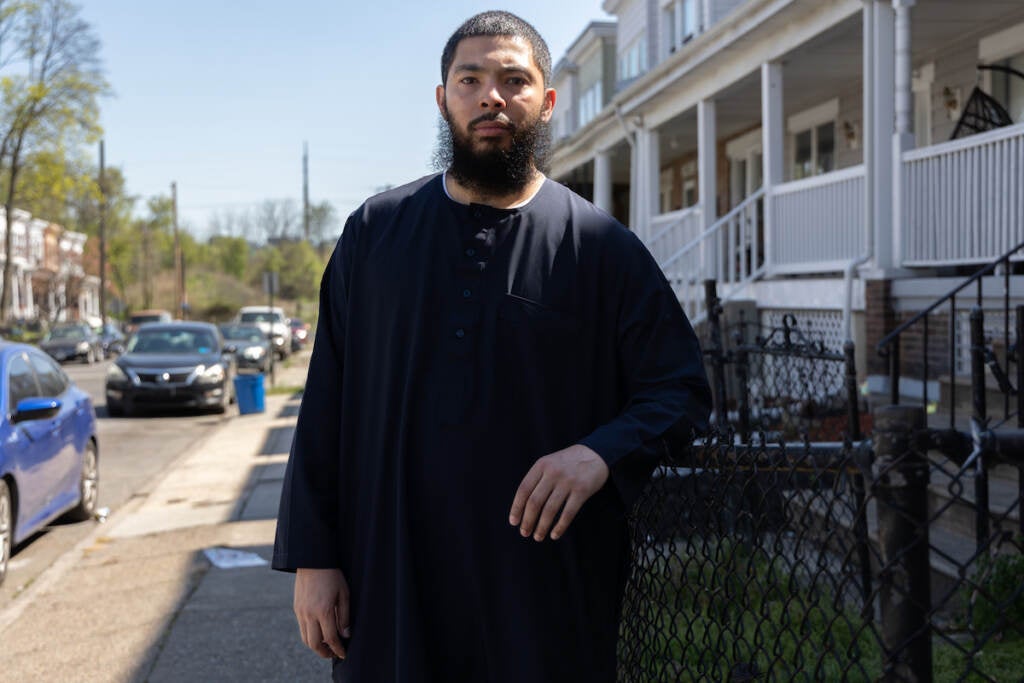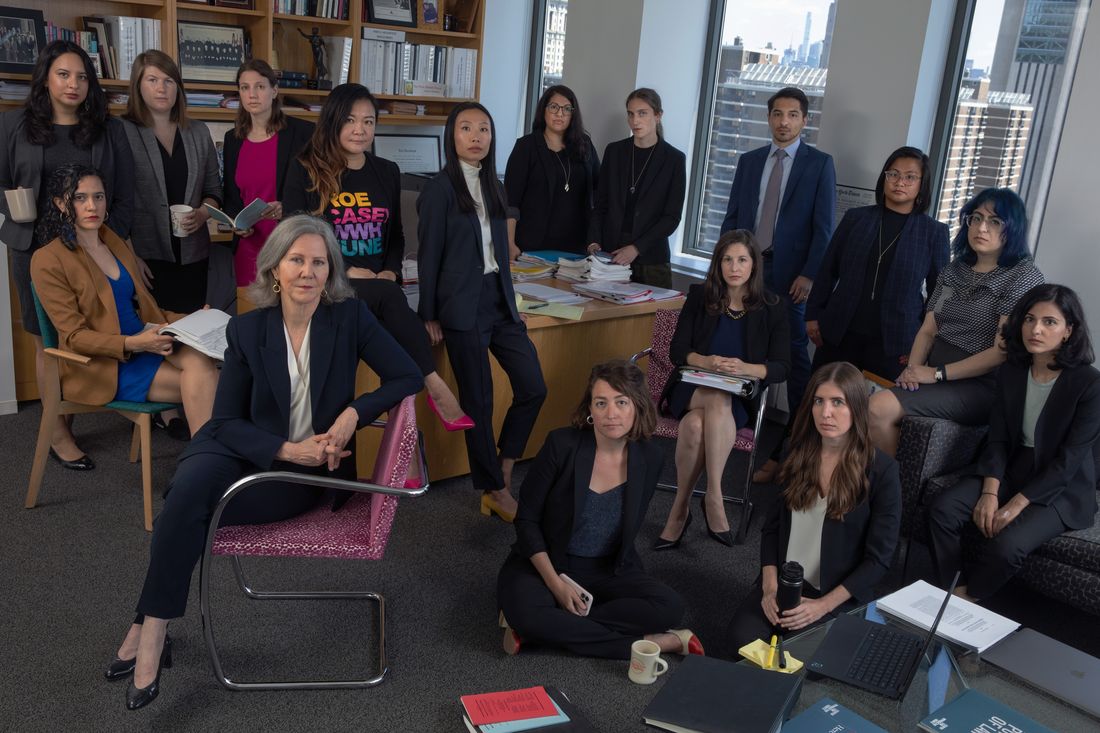Oxman said it is devastating for his clients, even the ones for whom he has not formally filed cases.
“I have at least a half dozen of those. The question is, do I even move forward with them if I know there’s no way I will be able to collect a claim for my client,” Oxman said.
But one of the more remarkable things about a municipal bankruptcy is that it doesn’t matter if someone has already filed an actual lawsuit or not.
“The question is when the claim arose, when the harm was, and when did that happen? And so if someone was harmed before or during the bankruptcy, if that’s when the alleged police brutality or other civil rights violations or other personal injury has happened, they’re going to be considered a creditor in this case, whether they file a lawsuit or not,” Jacoby said.
Attorneys might steer away from Chester clients ‘if there isn’t any money to collect’
In any personal injury case, whether it’s police misconduct, a motor vehicle accident, or even a medical malpractice case, attorneys for the plaintiff take these cases on a contingent fee basis.
According to Oxman, a vast majority of clients could never afford to pay an hourly rate for attorneys to represent them.
“So what we do is we take it on a contingent fee basis, which means that if I should get a settlement of the case or if the trial goes to a jury and there’s a verdict in our place, we take a percentage of that as payment for our fees,” Oxman said.
Attorneys can spend big money on cases on things such as taking depositions and hiring expert witnesses. If they can’t get their clients a settlement or a favorable jury verdict, the attorney usually eats the costs.
“If there isn’t any money to collect, unfortunately — plaintiffs’ attorneys like myself — we’ll have to decide not to take those cases,” Oxman said.

‘Is no one watching the henhouse?’ Chester has no police oversight, despite years of lawsuits
Since 2008, Oxman said he’s won at least $1 million in judgments and settlements for his clients from Chester. He said most of those cases have focused on the same handful of officers.
To his knowledge, none of the officers repeatedly implicated for wrongdoing have ever been reprimanded. There is also no independent or citizen review board holding Chester police accountable, Oxman said.
“The vast majority of my cases have settled, which tells you one of two things. One, if they’re settling, does the police department have an understanding that those officers that I’ve sued were vulnerable to a jury and being found guilty of some sort of misconduct? And two, is no one watching the henhouse? That these officers can repeatedly commit acts of misconduct without any repercussion. I think it’s both. It’s appalling,” Oxman said.
Oxman believes there’s a correlation between the city’s bankruptcy and the lack of police oversight.
He said “incompetent management” stemming from Chester’s history with political patronage has drained city officials of any political will power, regardless of which party machine manages to seize control.
Now, his clients are paying the price — victimized on the front end and with minimal remedy on the back end.
“You’ve had successive lack of oversight or will to have oversight of the police department which has just perpetuated this scheme of misconduct that has been happening for decades now, which is even worse, is that the people who fell victim to this are not even going to be able to recover because of the city’s bankruptcy. It’s truly a tragedy,” Oxman said.
Police pensions helped sink Chester. When the city’s receiver evaluated the funds, he raised concerns of pension spiking. In a city where the government spent more than 25% of its entire general fund budget in 2021 on pension and retiree health care costs, police officers were able to retire “as young as 38 years old with $100,000-a-year-plus pensions.”
Freeman believes there are “good cops” within Chester’s police force. However, he said the city has lost its trust in the rank-and-file.
“When you see the cops coming down the street, we’re going to either start walking or we’re going to go in a house because nine times out of ten, if there’s more than two people standing there, they’re going to hop out. They’re going to start frisking you, doing all kinds of stuff. And we won’t be doing anything,” Freeman said.
Freeman said Chester residents have become used to the prevalence of crime and stories of elected officials “not doing what they need to do.” He said there is normally a desire for people in his community to just keep pushing and pay the bills.
But he’s extremely concerned about what this issue of bankruptcy and civil litigation could mean for people, especially Black men like himself.
“If these officers understand that there’s a glitch in the system, they’re going to take advantage of that,” Freeman said.

Bracing for a ‘cram down’
Vincent Buccola, a finance law professor at the University of Pennsylvania’s Wharton School of Business, said the basic theory of bankruptcy is that there aren’t enough assets to go around.
“That’s just sort of how the system operates. Someone’s going to bear losses — probably a lot of people are going to bear losses,” Buccola said.
Buccola said that while a municipality is configuring a restructuring plan, some creditors can argue about whether the plan discriminates against someone unfairly.
But if one class of creditors votes in favor of it, this initiates a cram down. A cram down is when a bankruptcy judge is allowed to forcibly approve a plan despite objections, as long as no one is unfairly discriminated against.
“We have seen in past municipal bankruptcies and unsurprisingly, we’ve seen plans of adjustment that in fact treat similarly situated creditors, meaning unsecured creditors, in wildly divergent ways,” Buccola said.
Jacoby said bankruptcy law and civil rights law are not speaking to each other. Because of that, Jacoby believes people should keep an eye out for Chester’s restructuring plan and what it says about civil rights claimants.
“I know these cases can get really complicated in their details, but those details end up mattering a lot for the rights of people who say they’ve been harmed by the government and they should have their voices heard to be able to ask for better treatment than that,” Jacoby said.



